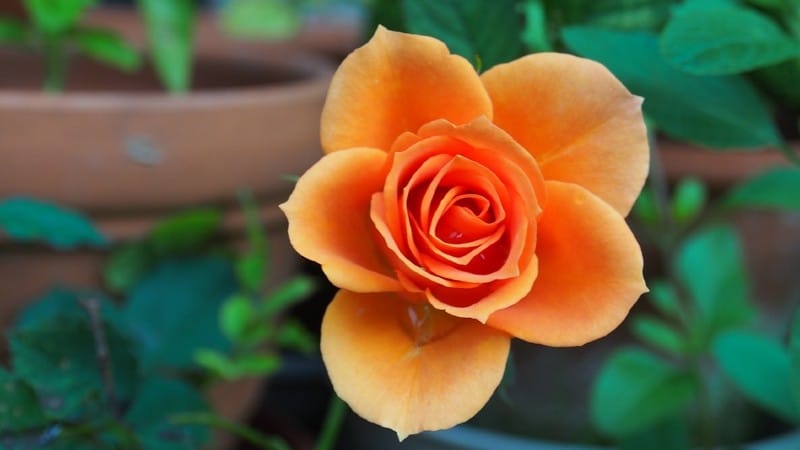
Jackson & Perkins Enters Rose Genealogy, Preservation Project
Jackson & Perkins and the Louisiana State University (LSU) AgCenter Botanic Gardens in Baton Rouge announced a new partnership that will, among other things, preserve the proprietary genetics of Jackson & Perkins historic rose archive and be part of a program to ensure their roses are free of rose mosaic virus. The latter will be done under the guidelines of the National Clean Plant Network (NCPN) and with the assistance of Kevin Ong, Ph.D.
Gardens in Baton Rouge announced a new partnership that will, among other things, preserve the proprietary genetics of Jackson & Perkins historic rose archive and be part of a program to ensure their roses are free of rose mosaic virus. The latter will be done under the guidelines of the National Clean Plant Network (NCPN) and with the assistance of Kevin Ong, Ph.D.
Jackson & Perkins has begun sending their proprietary roses to the Botanic Gardens where they will be planted and maintained in a secure area. This exclusive garden will ensure that none of these rose genetics will ever be lost.
The Botanic Gardens is an ideal partner for this, having a long history of maintaining roses in multiple gardens; having been an All-America Rose Selections (AARS) trial garden, and now a trial garden for American Garden Rose Selections (AGRS), and American Rose Trials for Sustainability (ARTS). The Botanic Garden’s academic focus also makes the institution an ideal partner for a scientific virus indexing (VI) program.
Jackson & Perkins will be reaching back into their 100-year long history to obtain VI material from University of California, Davis of their historic roses, which are no longer in commerce. In addition to being housed at the LSU AgCenter, many of these historic rose varieties will also be slowly re-introduced to rose lovers in the U.S.
Another aspect of this partnership is the AgCenter’s ability to offer students real world educational opportunities that major horticulture companies are looking for from LSU graduates. By involving students, staff and volunteers in all aspects of the partnership, the LSU AgCenter Botanic Gardens and Jackson & Perkins are helping to train the next generation of horticulturalists.
An important factor in choosing the Botanic Gardens for this project is that its facilities are 300-miles south of any known case of rose rosette disease (RRD) according to Mark Windham, Ph.D., one of the country’s leading experts on RRD. RRD is a virus that causes roses to grow strangely deformed stems, leaves and flowers. A tiny mite spreads the disease between plants. The LSU AgCenter is also included in a multi-university partnership to research RRD. Learn more at roserosette.org.


 Video Library
Video Library 




















